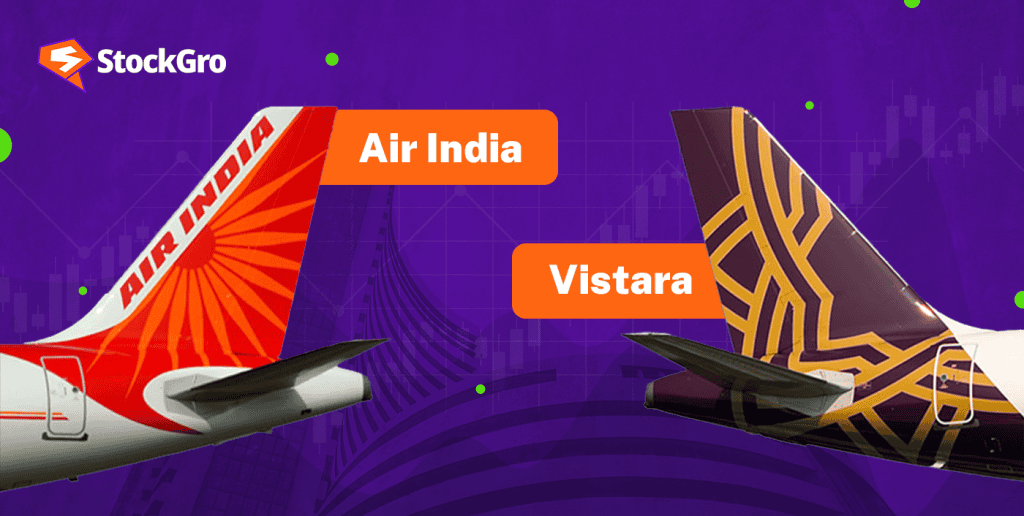
Introduction
The aviation industry is experiencing one of its biggest transformations: the merger of Air India and Vistara. As Vistara’s last independent flight lands, Tata-owned Air India will absorb it, reshaping the landscape of Indian skies. This blog dives into the merger’s details, impacts on loyalty programs, and the broader implications for the Indian aviation market.
What Led to the Air India and Vistara Merger?
Background of the Merger
Since Tata’s acquisition of Air India in 2021, the group has been keen to streamline its airline ventures. Vistara, a joint venture with Singapore Airlines, brought premium service to Indian skies since its launch in 2015. With the merger, Tata aims to combine the best of both brands and compete on a global scale.
You may also like: Disney reliance merger
Key Changes Passengers Can Expect
Integration of Loyalty Programs
| Program | Previous Status | New Structure After Merger |
| Club Vistara | Points earned per flight | Points transferred to Air India’s Flying Returns |
| CV Points Validity | Points expiring by 2024 | Extended by one year post-transfer |
| Co-Branded Cards | Offered specific Vistara benefits | Benefits retained until March 2025 |
The merger brings Club Vistara into Air India’s Flying Returns program. Members will see their points converted at a 1:1 ratio, allowing them to use rewards across Star Alliance partners. Co-branded cardholders will retain their benefits until 2025.
New Codes and Flight Experiences
Starting November 12, Vistara’s flights will operate under Air India’s new four-digit codes. For Vistara loyalists, this may mean a slight shift in experience, but Air India has committed to maintaining Vistara’s high standards in service quality and cabin comfort.
Also Read: Indigo market share
Impacts on the Aviation Market
Stronger Competition with IndiGo
The merger positions Air India as a direct competitor to IndiGo, which currently dominates with 62.5% market share. With Air India and Vistara’s combined 25% share, this merger offers travelers more options in both economy and premium segments.
Fleet and Market Expansion
The unified Air India group will now operate over 210 aircraft, with additional orders for 470 jets from Boeing and Airbus. The merger will broaden its network to 90+ destinations, enhancing Air India’s global reach, particularly through codeshare agreements with Singapore Airlines and other Star Alliance members.
Also read: zee sony merger
Service Enhancements
In response to customer concerns, Air India is set to adopt Vistara’s premium catering services across all flights. This move may help bridge the gap between the luxury of Vistara and Air India’s more traditional approach, especially for premium customers accustomed to Vistara’s high-quality offerings.
What Does This Mean for Frequent Fliers?
For long-time Vistara patrons, the merger brings both opportunities and uncertainties. Frequent fliers of Vistara can look forward to:
- Extended Rewards Access: With Flying Returns, loyalty points can now be redeemed across over 20 international airlines within Star Alliance.
- Familiar Service Elements: Vistara’s hallmark services, such as in-flight comfort and premium catering, are expected to become standard on Air India flights.
The Future of Indian Aviation
With Air India now stronger and more competitive, IndiGo is stepping up its game by introducing business-class seats on select routes, challenging Air India’s foothold in the premium segment. The ongoing competition is set to raise the stakes in India’s aviation sector, offering travelers more choices and likely driving improvements across the board.
Conclusion
The merger between Air India and Vistara signals a shift towards a new era in Indian aviation. While Air India’s network expansion and service improvements may offer travelers exciting prospects, frequent Vistara fliers will need time to adapt. For the Indian aviation landscape, this union represents a step towards a future of heightened competition and enhanced service quality.

